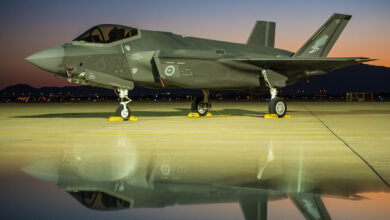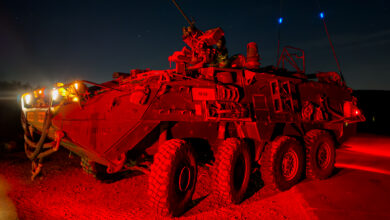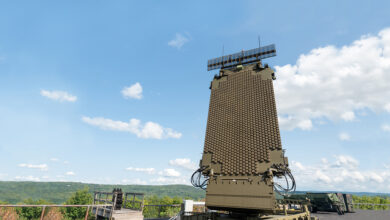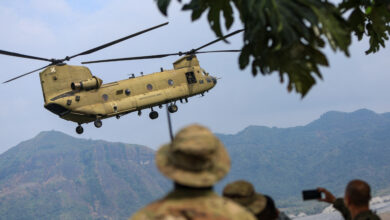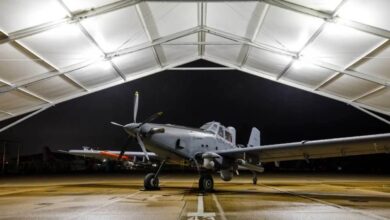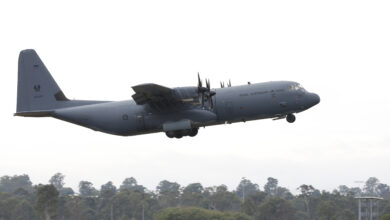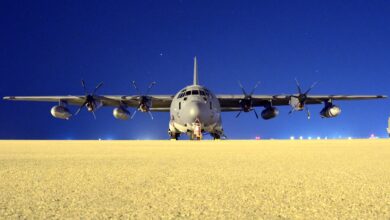US Air Force Gears Up for CBRN Warfare
The US Air Force’s Tyndall Air Force Base is equipping aircrew with chemical, biological, radiological, and nuclear (CBRN) gear for enhanced combat readiness.
All current and new pilots of the 325th Operations Support Squadron Aircrew Flight Equipment will be fitted and trained to wear the newly developed specialized equipment by February 2025.
The squadron supports F-35 pilots and is part of the 325th Operations Group, the Florida base’s operating unit and host wing.
“We need to be prepared for anything,” 325th Operations Support Squadron aircrew flight equipment journeyman Senior Airman Kaitlin Wells said.
“That includes having all their equipment sized, fit, inspected, tested and ready so that if something does happen tomorrow, we won’t have limited time to fit up every single pilot to fight a war.”
CBRN Gear
The 10 to 15-pound (4.5- 7-kilogram) CBRN gear is designed to withstand g-force and egress scenarios during operations.
It can be worn along with other items, such as a thermal protection layer and cold-water immersion garments, and seamlessly integrates respiratory protection.
“The fitting and training process is equally as comprehensive,” a US Air Force press release stated.
“It involves detailed measurements, donning of each piece of equipment and regular fit checks to ensure that pilots can operate properly and safely.
“Pilots undergo classroom training that covers the basics of the equipment, its purpose and the expectations for the pilots in using and maintaining the gear.”
CBRN Gear Training
Additionally, pilots will undergo practical training, wherein they will be put through a chemical line that simulates CBRN events.
The process must be conducted every three years. However, Aircrew Flight Equipment is planning to conduct it every quarter.
“I think it gets us back to a combat-ready mission, and it makes it to where there are no limitations as to where we can go and where we can take our aircraft to fight the fight, making us a more agile and a more prepared force,” 301st Fighter Squadron flight chief Tech. Sgt. Kevin Terry said.



